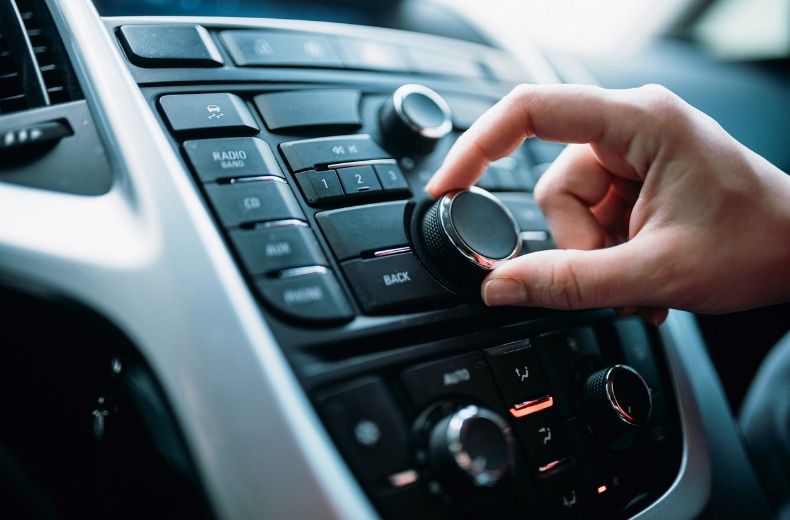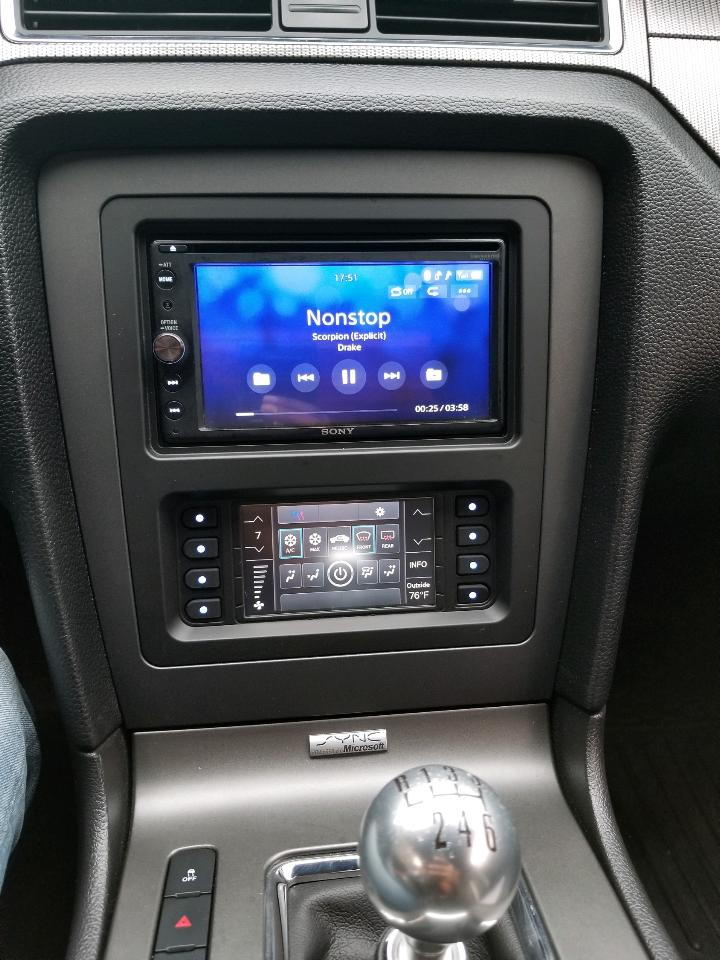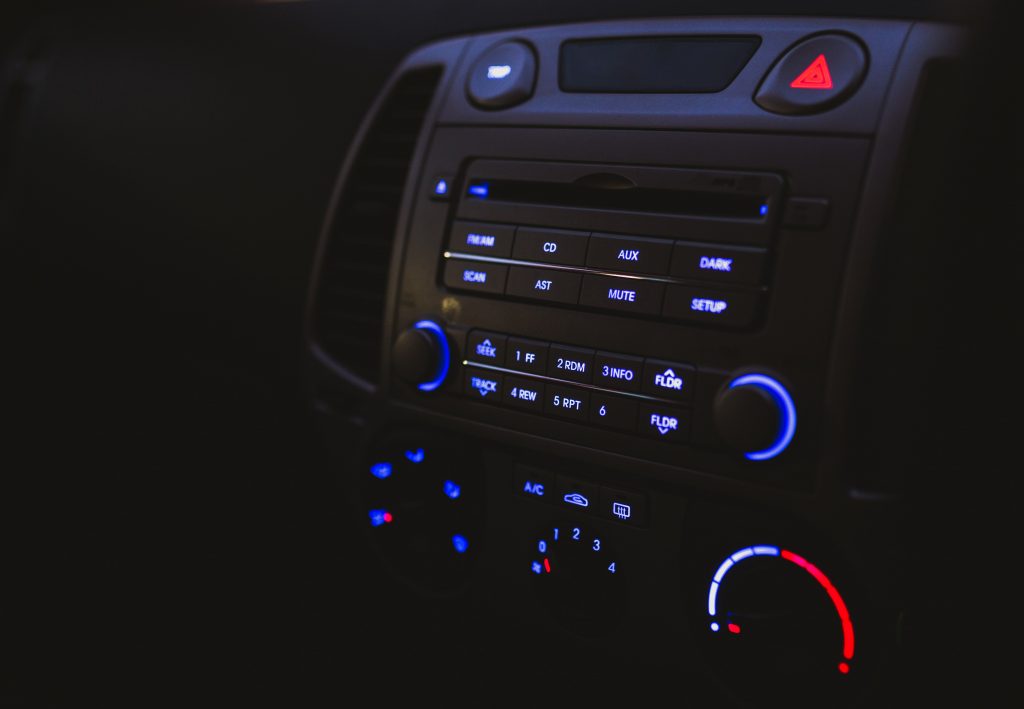I. Introduction to Car Batteries and Radio Usage
A. Understanding the Function of Automotive Batteries
Car batteries serve as the primary power source for starting the engine and operating various vehicle accessories, including the radio. As the heart of the vehicle’s electrical system, the battery plays a critical role in supporting overall vehicle functionality.
B. Impact of Radio Usage on Battery Life
The continuous operation of the car radio can contribute to power drain from the battery. While the radio’s power draw is relatively modest compared to the energy needed for starting the engine, prolonged use without the engine running can gradually deplete the battery’s charge, affecting its overall health and longevity.
II. Factors That Influence Battery Drain
A. Power Draw of Car Radios
The power consumption of car radios varies depending on the radio’s wattage, amplifiers, and the intensity of audio output. High-powered sound systems, especially those with multiple channels and subwoofers, can significantly increase power consumption, contributing to accelerated battery drain during operation.
B. Impact of Vehicle Alternator on Battery Recharge
The vehicle’s alternator plays a vital role in recharging the battery while the engine runs. Efficient alternator operation ensures that the battery is replenished with the necessary charge, counteracting the power consumption from the radio and other accessories during vehicle operation.

III. Normal Battery Lifespan and Radio Usage
A. Estimated Lifespan of a Car Battery
Under typical operating conditions, a car battery’s expected lifespan ranges from 3 to 5 years. However, excessive discharge or prolonged battery drain, such as that caused by continuous radio usage, can potentially shorten its longevity.
B. Effects of Continuous Radio Usage on Battery Longevity
Prolonged use of the car radio, especially when the engine is off, accelerates the depletion of the battery’s charge. This can lead to premature aging and decrease the battery’s ability to hold a charge, ultimately affecting its overall lifespan.
IV. Types of Car Radios and Their Power Consumption
A. Different Types of Car Radios and Their Power Requirements
Car radios vary in terms of power requirements based on their features, such as basic factory-installed stereos, premium integrated infotainment systems, or aftermarket audio systems. Premium sound systems, often equipped with amplifiers and high-powered speakers, demand more electrical energy, resulting in increased power consumption.
B. Energy-efficient Radio Alternatives for Prolonged Use
Choosing energy-efficient radio systems or adjusting settings to limit power consumption can help mitigate excessive strain on the battery. Newer models often include power-saving features and energy-efficient components, which can contribute to prolonged battery life during radio operation.

V. Advanced Features and Their Impact
A. Impact of Advanced Radio Features on Battery Drain
Modern car radios incorporate advanced features such as touchscreen interfaces, integrated Bluetooth connectivity, and surround sound amplifiers. These features, while enhancing the audio experience, contribute to heightened power consumption, potentially increasing battery drain.
B. Balancing Entertainment and Battery Preservation
Vehicle owners should carefully evaluate the use of advanced radio features and consider balancing entertainment options with the need to preserve the battery’s charge. Implementing thoughtful usage practices can optimize the audio experience while maintaining battery health.
VI. Best Practices to Conserve Battery Life
A. Proper Battery Maintenance for Longevity
Maintaining the battery’s cleanliness, ensuring secure connections, and monitoring its overall condition through regular inspections are essential for extending its lifespan. Keeping the battery in optimal operating condition helps minimize unnecessary power loss.
B. Tips for Efficient Radio Use to Prevent Excessive Drainage
Implementing practical usage tips, such as keeping the audio volume moderate, reducing unnecessary playtime with the engine off, and turning off the radio when not in use, are effective strategies for conserving battery power. These practices contribute to prolonged battery life and efficient radio usage.

VII. Alternatives to Conventional Radio Use
A. Utilizing Low-Power Alternatives for Audio Entertainment
Exploring low-power audio options, such as utilizing USB drives or streaming music from mobile devices, can provide an alternative to traditional radio usage. These alternatives offer entertainment while minimizing the strain on the vehicle’s battery.
B. Implementing Energy-saving Strategies through Radio Usage
Vehicle owners can adopt energy-saving strategies when using the radio, such as limiting playtime when the engine is not running, selecting energy-efficient audio settings, and ensuring that the radio is turned off when not in use. These measures contribute to preserving battery power.
VIII. Battery Testing and Maintenance
A. Importance of Regular Battery Checks and Tests
Regular testing and inspection of the battery’s voltage levels and overall health are crucial for ensuring its continued performance. Monitoring the battery’s condition helps identify potential issues early and maintain its operational efficiency.
B. Maintaining Optimal Voltage Levels for Continued Performance
Balancing the battery’s charge level and voltage ensures its continued performance and longevity. Proactive maintenance, including testing and voltage monitoring, is essential for maintaining optimal power levels.

IX. Impact of Extreme Weather Conditions
A. Effects of Temperature Extremes on Battery Performance
Extreme hot or cold weather conditions can influence the battery’s overall performance and capacity. High temperatures accelerate chemical reactions within the battery, while cold temperatures can diminish the battery’s ability to supply power.
B. Adjusting Radio Use in Adverse Weather Conditions for Battery Preservation
During extreme weather conditions, adjusting radio use to minimize extended power drain can help preserve the battery’s operational performance. Implementing energy-efficient radio usage helps mitigate potential strain during adverse weather.
X. Considerations for Replacing Car Batteries
A. Signs Indicating Battery Replacement
Understanding the warning signs that indicate the need for battery replacement, such as slow engine cranking, dimming lights, or difficulty starting the vehicle, is essential for timely intervention.
B. Evaluating Radio Usage Patterns and Impact on Replacement Frequency
Assessing how radio usage patterns and power consumption impact the battery’s overall lifespan is crucial when evaluating replacement frequency. Monitoring usage and adjusting power management helps prolong battery life.

XI. Achieving a Balanced Approach
A. Balancing Enjoyment and Battery Preservation
Striking a balance between enjoying the radio for entertainment and implementing measures to preserve the car battery’s life is essential for a harmonious driving experience.
B. Strategies to Maximize Battery Life while Optimizing Radio Usage
Implementing effective strategies and adjustments to optimize radio usage for prolonged battery life and an enhanced driving experience ensures a balanced approach to vehicle entertainment and battery preservation. Thoughtful application of energy-saving practices helps maintain battery health and performance.